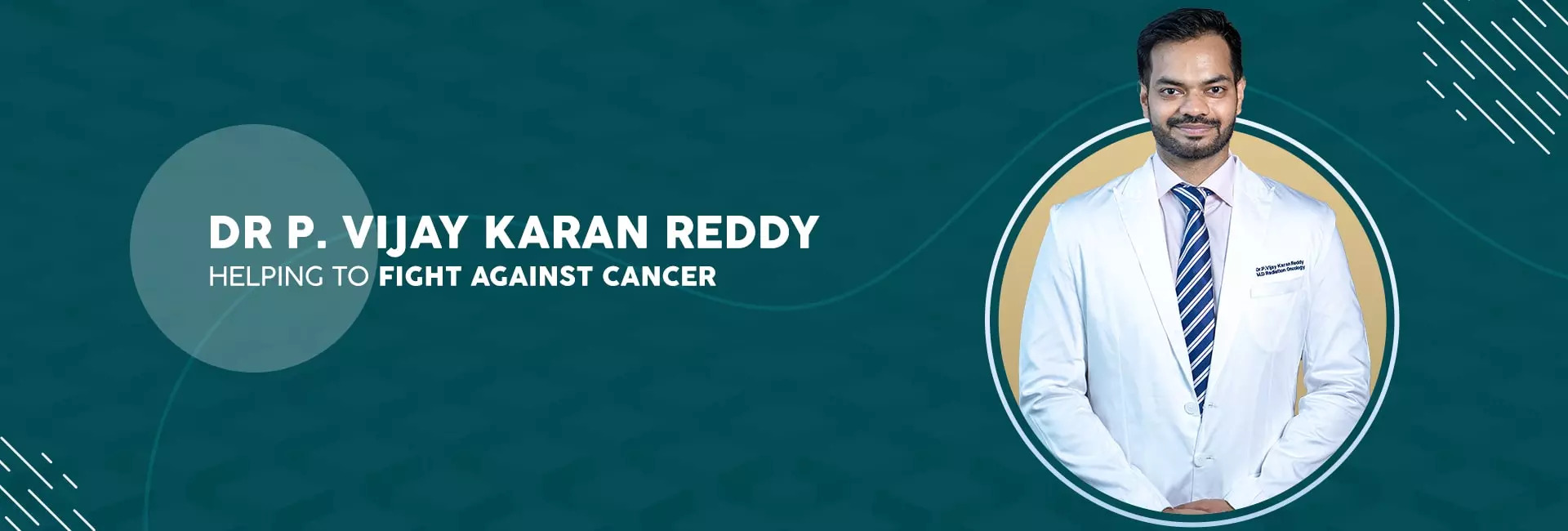There are many types of head and neck cancers, including those that affect the mouth, throat, larynx, tongue, and esophagus. Head and neck cancer is the most common type of cancer in men and women in the country.
What are The Risk Factors for Head and Neck Cancer?
The risk factors for head and neck cancers include:Smoking cigarettes or using other tobacco products: About half of all head and neck cancers can be attributed to smoking cigarettes or using other tobacco products, especially chewing tobacco.
Alcohol: Frequent and heavy alcohol consumption raises the risk of developing cancer in the mouth, pharynx, larynx, and esophagus.
Having viral infections such as HPV and EBV: Some people are more likely to develop head and neck cancers because they have certain viral infections that make them more likely to get the disease.
Poor oral and dental hygiene
Gender: Men are 2-3 times more likely to get head and neck cancers than women
Poor Nutrition: A diet low in vitamins A and B can raise a person’s risk of head and neck cancer
Previous History of head and neck cancer
These risk factors can help you identify potential symptoms and make informed decisions about prevention.
What are the Common Head and Neck Cancers?
There are a number of common head and neck cancers that can be caused by lifestyle choices, such as smoking, drinking alcohol, and eating a high-calorie diet. Other risk factors include sun exposure, HPV (human papillomavirus) infection, and certain skin cancers. The common Head and Neck Cancers include:
Oropharyngeal cancer
Laryngeal cancer
Throat cancer
Cancer of the tonsils
Papilloma virus-associated cancer
What are The Treatment Options for Head and Neck Cancer?
There are a number of treatment options available for head and neck cancer. These include:
Surgery
Radiation therapy
Chemotherapy
Targeted therapy
Immunotherapy
What are The Risks of Not Seeking Treatment for Head and Neck Cancer?
Not seeking treatment for head and neck cancer can have a number of risks. These include:
prolonging cancer’s duration
experiencing higher rates of side effects from treatment
not being able to fully recover from the cancer
dying from the cancer
Is It Possible to Detect Head and Neck Cancer Early?Yes, it is possible to detect head and neck cancer early. Early detection with screening or observing for symptoms can provide the best chance for successful curative treatment.Symptoms of Head and Neck Cancer
Swelling or a sore that does not heal; is the most common symptom
Red or white patch in the mouth
Lump, bump, or mass in the head or neck area, with or without pain
Persistent sore throat
Foul mouth odor not explained by hygiene
Hoarseness or change in voice
Nasal obstruction or persistent nasal congestion
Frequent nose bleeds and/or unusual nasal discharge
Difficulty breathing
Double vision
Pain or difficulty chewing, swallowing, or moving the jaw or tongue
Loosening of teeth
Dentures that no longer fit
Diagnosed
If you are diagnosed with head and neck cancer, there are many things you can do to try and treat cancer. Surgery may be necessary to remove the cancerous tissue. Radiation therapy or chemotherapy can also be used to treat cancer. All three of them may be required in different sequences depending on the type and stage of cancer. If cancer has spread to other parts of the body, treatment may involve chemotherapy.
Conclusion
Understanding risk factors and common head and neck cancers can help you identify potential symptoms and make informed decisions about prevention. If you notice any signs or symptoms of head and neck cancer, please speak to a Head and neck oncologist in Hyderabad like Dr. Vijay Karan Reddy.


